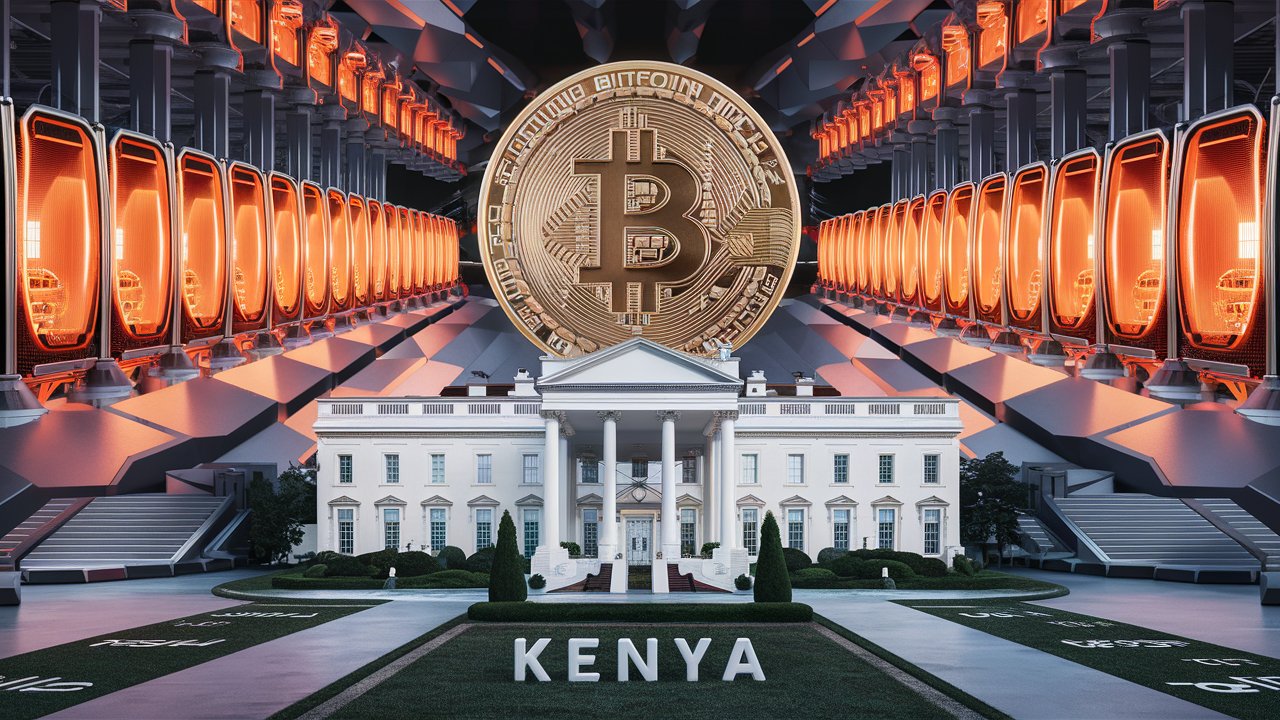
The International Monetary Fund (IMF) has warned about the lax regulatory environment surrounding cryptocurrencies in Africa, highlighting potential risks to financial stability. This concern comes after Kenya, a country with burgeoning crypto adoption, ranked 11th globally for crypto usage in 2022.
IMF observations highlight regulatory concerns
In November 2022, the IMF made critical observations regarding Africa’s lack of robust cryptocurrency regulatory frameworks. Kenya’s high crypto adoption rate underscored the urgency of clearer guidelines for this rapidly expanding sector.
In response to these challenges, the Assembly of Kenya has deliberated on a bill to tax and regulate cryptocurrencies. The bill remains open for public comments as stakeholders seek to strike a balance between fostering innovation and safeguarding against potential risks associated with unregulated crypto activities.
Kenya seeks expert advice amidst regulatory dilemmas
The Kenyan government acknowledges the need for expert advice. They have contacted the Blockchain Association of Kenya for assistance in drafting legislation for virtual asset service providers. This partnership highlights the government’s dedication to embracing cryptocurrencies’ potential. They aim to establish regulations that safeguard investors and ensure financial stability.
However, Kenya’s crypto landscape has been subject to controversy. In August, the government ordered the suspension of Worldcoin operations within the country, citing security concerns. Despite the directive, Worldcoin, a prominent player in the crypto space, initially resisted the shutdown, prompting tensions between the company and Kenyan authorities.
External actors, such as the United States, intervene to further complicate Kenya’s crypto policy decisions. Reports suggest that the US has supported American crypto firms in Kenya. They urged the Kenyan government to reconsider suspending Worldcoin activities. Despite these efforts, success has not been achieved yet. This situation underscores the challenges of navigating crypto regulations globally.
As Kenya grapples with regulatory dilemmas, the broader implications of crypto regulation in Africa loom. The IMF’s concerns underscore the need for coordinated efforts among African nations to establish clear and coherent regulatory frameworks that balance innovation with investor protection.
In light of these developments, stakeholders are calling for greater collaboration between governments, industry players, and international organizations to address the challenges posed by the evolving crypto landscape. By fostering dialogue and cooperation, African nations can harness the transformative potential of cryptocurrencies while mitigating associated risks.
Also read: President Ruto Enlists Marathon Digital for New Crypto Mining Bill
Discover more from The African Crypto
Subscribe to get the latest posts sent to your email.









